This book, “Objectives (Maqāṣid) of the Noble Qurʾān”, contains the proceedings of the specialised training course organised by the Centre for the Study of the Philosophy of Islamic Law at Al-Furqān Islamic Heritage Foundation, in co-operation with the Maqāṣid Research & Studies Centre (Rabat), and the Faculty of Letters & Humanities - Department of Islamic Studies, Mohammed V University (in Rabat), held at the end of May 2015, in Rabat –Morocco. The studies and reviews included in this book treat the different dimensions of the objectives of the Noble Qurʾān, with the emphasis on highlighting Qurʾānic knowledge and revealing its objectives, the need to consider its aims (al-ghāyāt), and an invitation to adopt a holistic perspective, beyond the piece-meal approach. It also addresses the most important methodological rules that structure the path of the scholar of exegesis in clarifying the intent of the Qurʾān, such as rules and techniques of causation (taʿlīl). The reader will also find a foundational perspective for an objective-based exegesis of the Qurʾān, and case studies in Tafsīr al-Manār, and Tafsīr al-Taḥrīr wa al-Tanwīr, as attempts to establish an objective-based law for reference in exegesis. The studies in the book are also diverse, discussing various fields, through the papers titled “The objectives of wealth in the Qurʾān”, “The objective of reforming human thinking”, and others. The reader will find at the end of the book a paper by Dr Ahmed al-Raissouni on the approach of broad contemplation in savouring Qurʾānic meanings and delving into the profound depth of its universal concepts. Similarly, they will find a set of important organisational, scientific, and methodological recommendations.
 Shared Knowledge
Shared Knowledge
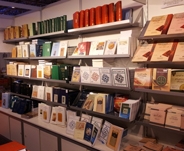
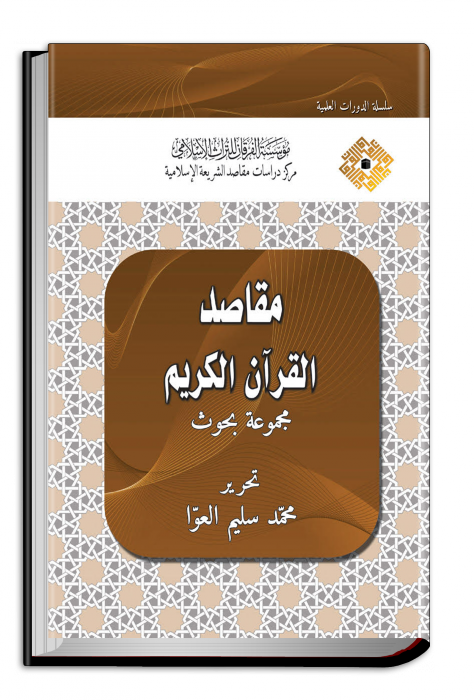
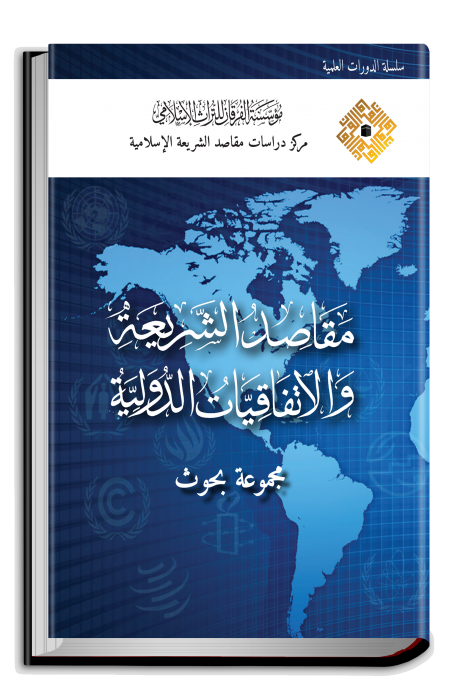 The Objectives of Sharīʿah and the International Conventions (Research articles)
The Objectives of Sharīʿah and the International Conventions (Research articles)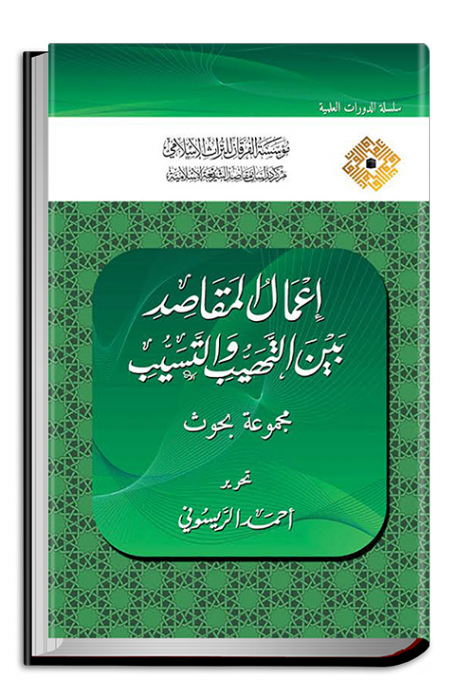 Applying the Sharīʿah Objectives between Fear and Leniency (Research articles)
Applying the Sharīʿah Objectives between Fear and Leniency (Research articles)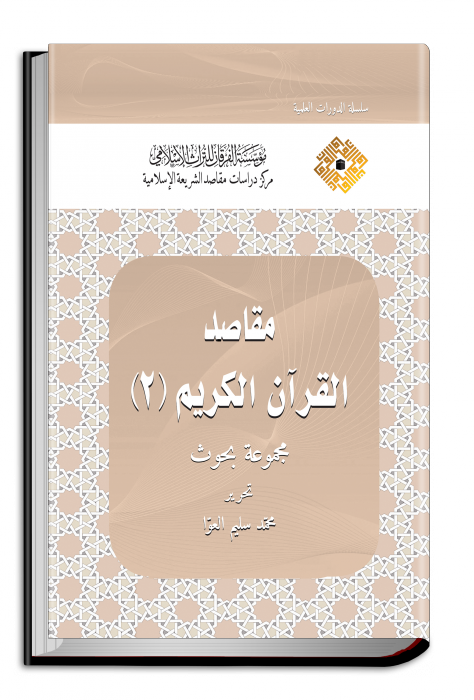 Objectives of the Noble Qurʾān (2): Research Articles
Objectives of the Noble Qurʾān (2): Research Articles